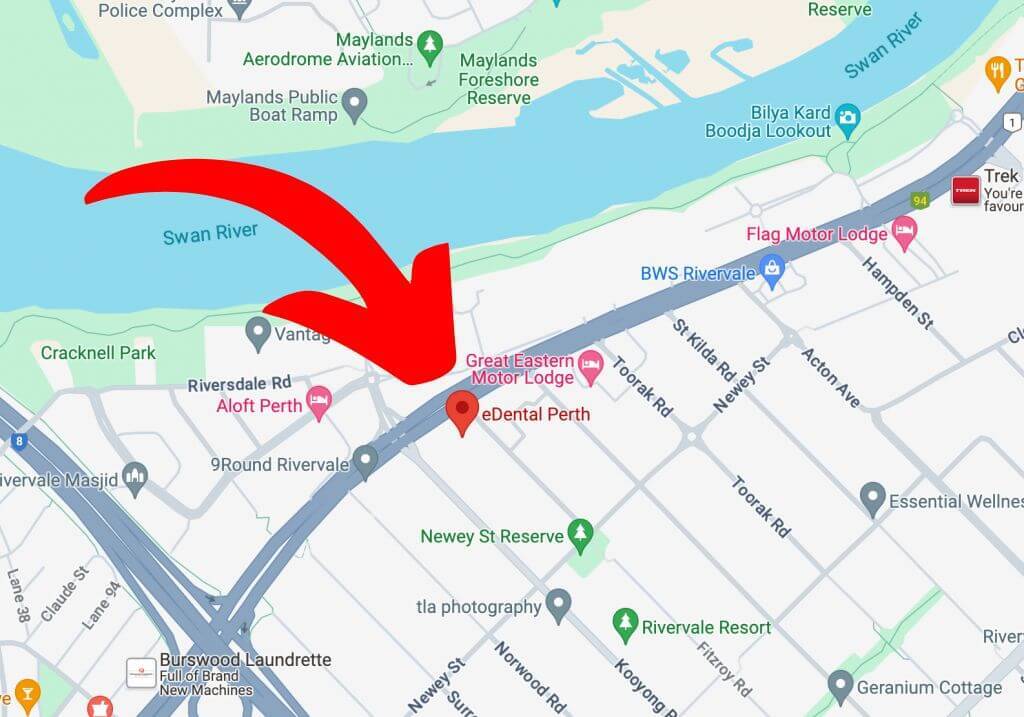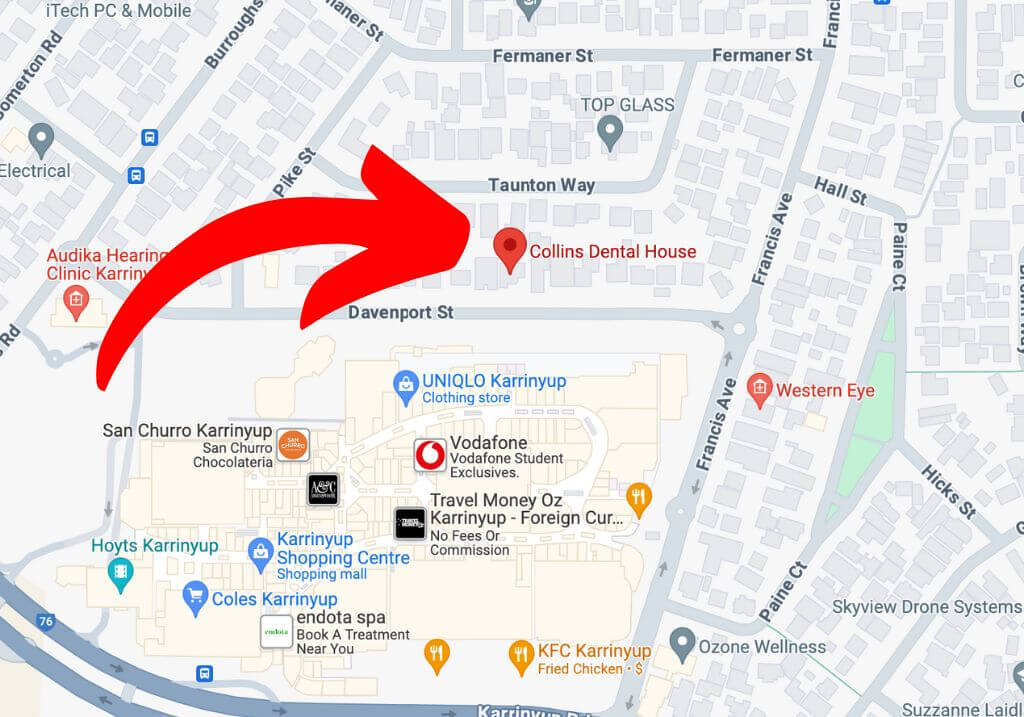Bruxism, ageing, and trauma can lead to worn, eroded teeth. Worn dentition is the loss of tooth structure and enamel. Based on research, the enamel is the most complex tissue in the human body. It plays a significant role in protecting our teeth. Your oral health can influence your overall health and well-being. Therefore, if you detect worn dentition consult a professional dentist. Diagnosis and treatment of worn teeth involve in-depth evaluation of aesthetic, etiological, preventive, and functional factors.
Types of Tooth Wear
Based on science, there are three types of tooth wear. These include the following:
A. Abrasion
Abrasion is the wear and tear of tooth surfaces, which can occur as a result of overzealous brushing habits. It is characterized by worn areas around the sides and necks of the teeth. The pattern and size of the worn surface can be influenced by the type of foreign object or substance.
B. Erosion
It is the loss of tooth enamel due to a chemical process. Note that there is no correlation between the chemical process and bacterial action. Exposing your teeth to corrosive acids can cause tooth wear.
C. Attrition
Based on research, attrition is the physiological wear and tear of tooth enamel. In most cases, it occurs due to tooth-to-tooth contact. In addition, wear and tear occur on the functional incisal and occlusal surfaces. Mastication is a common condition that causes attrition.
Common Causes of Tooth Wear
There are numerous factors that cause tooth wear. These factors are:
I. Hard Brushing
In the long run, aggressive brushing can damage your enamel, which coats and protects your teeth. An affected enamel will wear down your teeth, thus leading to the worn dentition. To prevent hard brushing, use nonabrasive fluoride toothpaste and a soft toothbrush.
II. Bruxism
Habitual teeth clenching and grinding is the most common cause of tooth wear. If you have bruxism, wear a custom oral appliance to prevent teeth grinding. This will lower the risk of tooth wear.
III. Acidic Foods and Beverages
Consuming a lot of acidic foods and drinks can lead to worn-down teeth. The acid in these foods will cause erosion, which will damage the enamel.
IV. Bite Problems
Teeth wear down quickly when the bite is out of alignment. There is a wide range of bite problems: protrusion, crossbite, open bite, crowding, underbite, and overbite. The type of bite problem can affect the degree of wear and tear.
In addition, there are other causes of worn teeth: lifestyle factors, dry mouth conditions, physical abrasion of teeth, and digestive disorders.
Symptoms of Worn Teeth
There are various symptoms of worn teeth. The severity of these symptoms can differ from one individual to another, depending on the severity of the worn dentition. Below are the top symptoms of worn-down teeth:
- Changes in Teeth Appearance
- Translucent Teeth
- Chipped Teeth
- Impaired Eating and Speech
- Increased Tooth Sensitivity
- Loss of Protective Enamel
Complications of Worn Teeth
If worn teeth are left untreated, the problem can escalate, causing long-term issues and further deterioration. Below are the common problems that occur as a result of worn dentition:
- Issues with fillings
- Infections
- Tooth Sensitivity
- Problems with Tooth Restoration
- Yellow Teeth
- Neck, Jaw, and Back Pain
- Receding gums
- Difficulty chewing and biting
- Frequent Headaches
- Chipped and Cracked Teeth
Treatment Options for Worn Dentition
There is a wide range of treatment options for worn teeth. A professional dentist will recommend a treatment option that suits your specific needs. The common treatments for worn dentition include the following procedures:
1. Porcelain Veneers
A dentist can recommend porcelain veneers to conceal the effects of dental erosion. On the other hand, if your teeth appear boxy or short, veneers will alter their shape and size, thus improving your oral aesthetics. To properly place porcelain veneers, the dentist will remove small amounts of enamel from your teeth.
2. Dental Bonding
A dentist can use composite bonding to rebuild and fix the worn edges of your teeth. The dentist customizes the material to suit your natural tooth enamel. Once the material is applied, the dentist will shape and mould it, then use a special light to cure it.
3. Dental Crowns
Dental crowns are suitable for teeth that are badly worn down. These restorations fit over your tooth surface and enamel to provide additional protection and strength. The dentist will remove small amounts of the enamel for the dental crown to fit properly.
Conclusion for Worn Teeth Treatment
There are three treatment options for worn teeth: dental crowns, porcelain veneers, and dental bonding. In addition, a dentist can recommend wearing a night guard, especially if you suffer from bruxism. If you detect symptoms of a worn tooth, consult a professional dentist. Oral health can play a vital role in improving your overall health.











